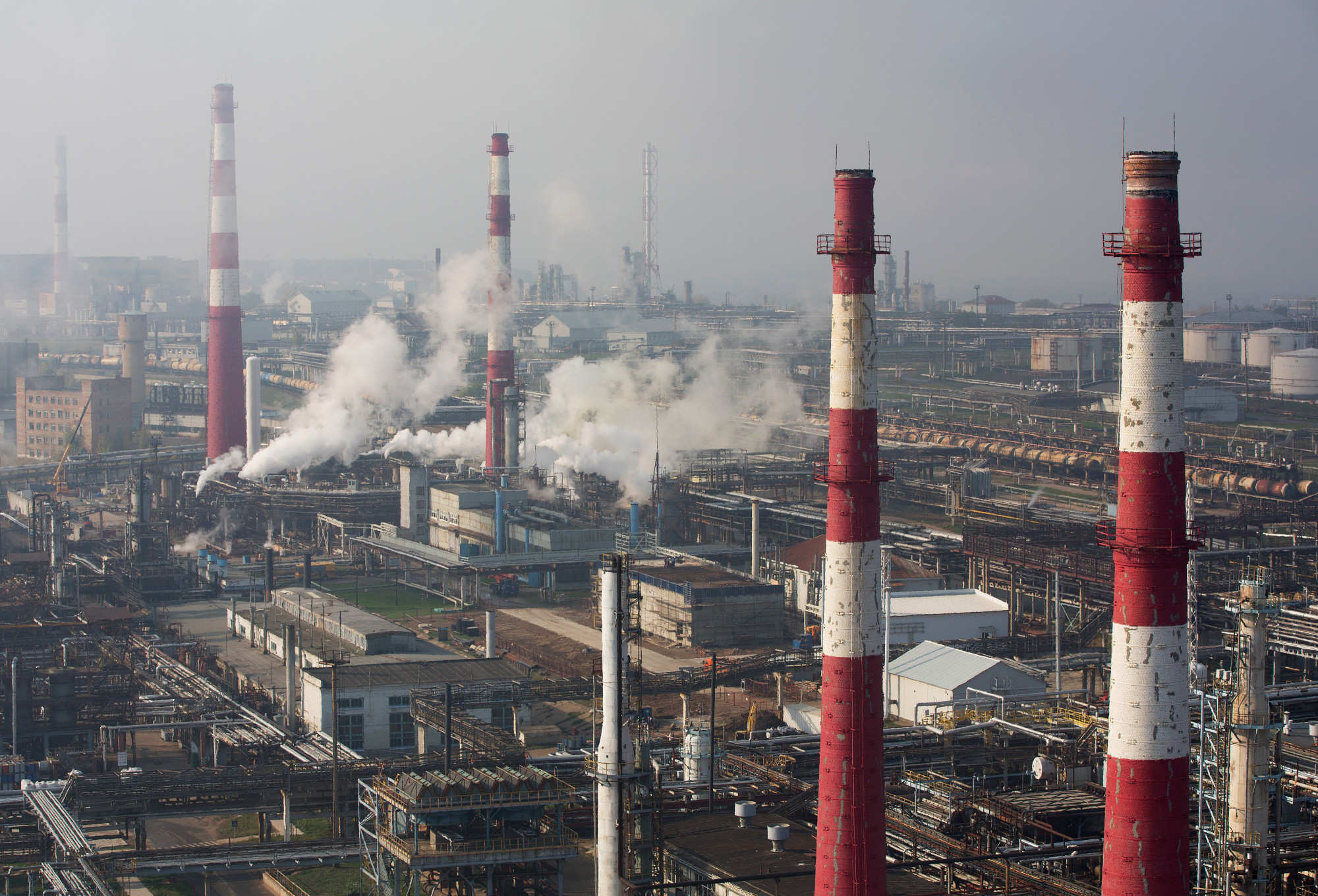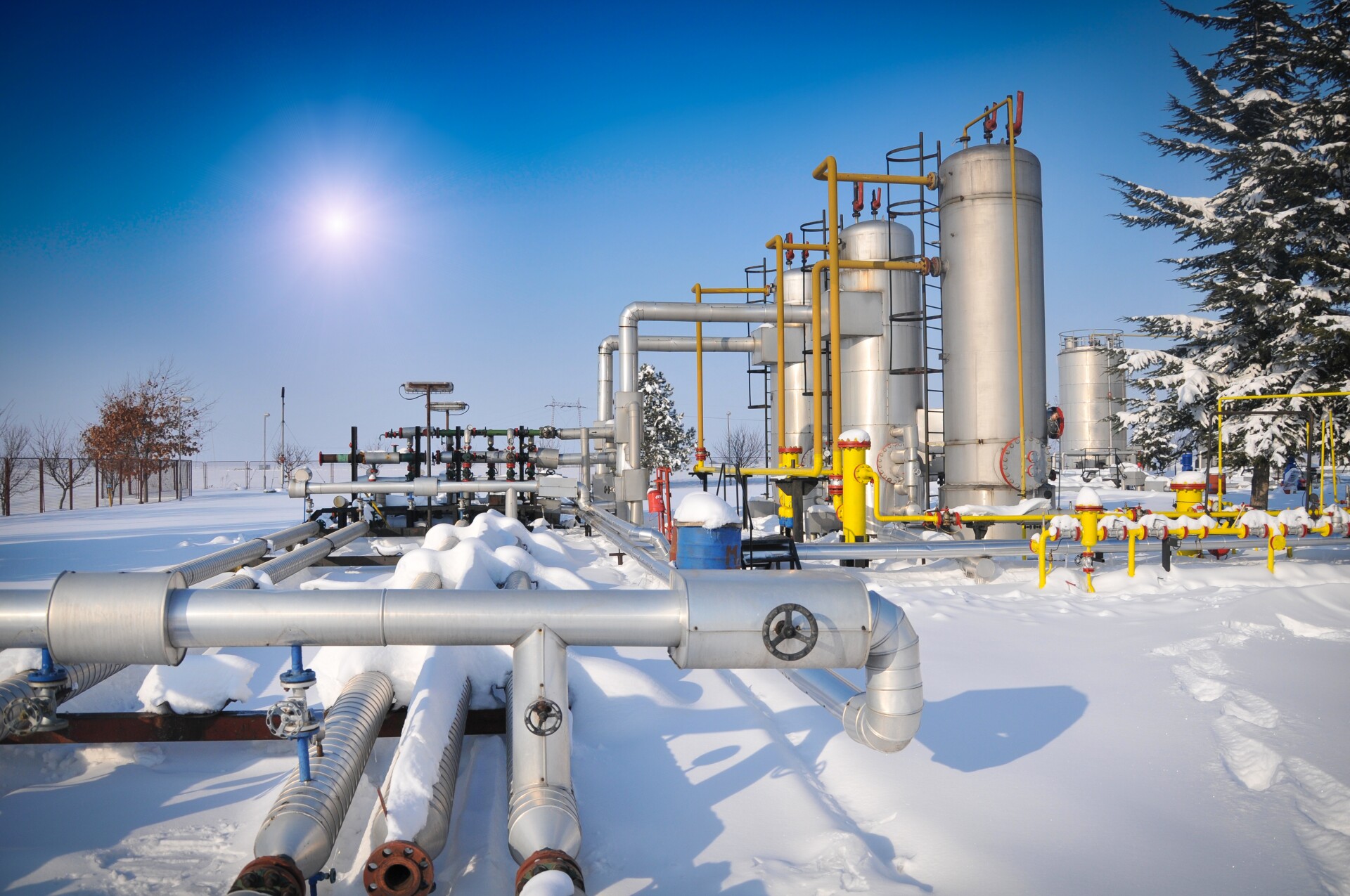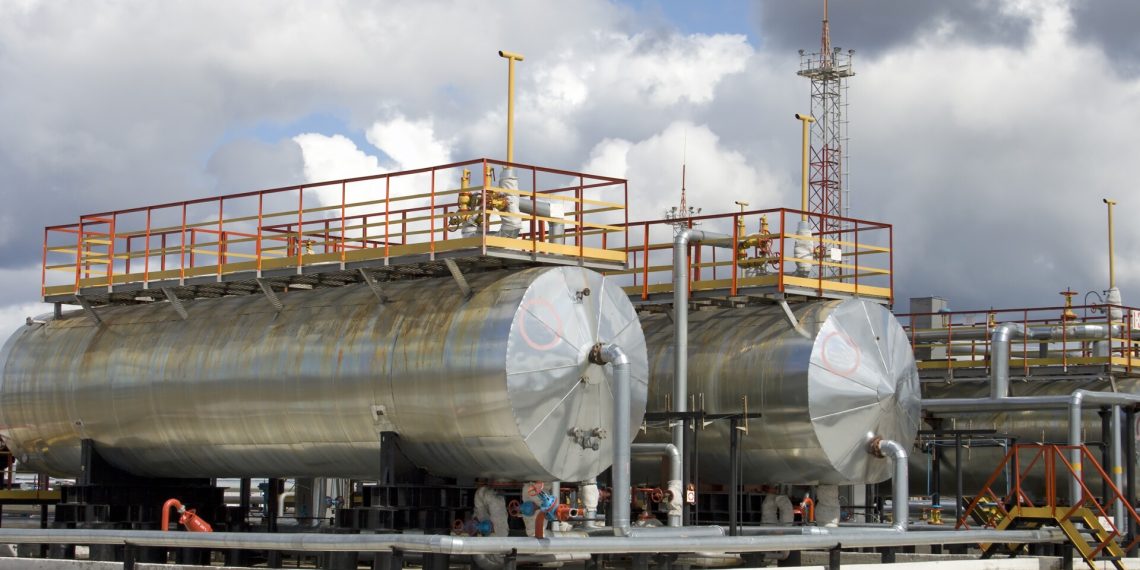When Lukoil engineers discovered a broken turbine at their largest refinery on January 4, it signaled a significant problem. Located at the NORSI refinery along the Volga River, the broken unit, which is important for gasoline production, required urgent attention.
The expertise needed for repair lay with an American company, UOP, which had withdrawn from Russia after the Ukrainian invasion in 2022.
The absence of spare parts and expertise led to a halt in production at the catalytic cracker unit, responsible for converting hydrocarbons into gasoline.

With the refinery’s gasoline production slashed by 40%, it highlighted broader issues within Russia’s energy sector. Western sanctions had restricted access to important technologies and expertise, exacerbating the challenges faced by Russian oil firms.
The situation worsened with Ukrainian drone attacks targeting Russian refineries, further impeding production.
These attacks, coupled with the lack of expertise and spare parts, paralyzed significant portions of Russia’s refining capacity, impacting fuel supply both domestically and internationally.
Efforts to resume operations at the damaged NORSI facilities faced hurdles, with Lukoil estimating losses of nearly $100 million monthly. The challenges underscored Russia’s energy vulnerability amidst geopolitical tensions and sanctions.
Although Deputy Prime Minister Alexander Novak assured that damaged facilities would resume operations within a few months, uncertainties loomed over the timeline and efficacy of repairs.

Meanwhile, international companies like ABB and UOP ceased operations in Russia post-sanctions, indicating a broader trend of disengagement from the Russian market.
As Russia grappled with refinery disruptions, questions arose about its energy security and resilience in the face of geopolitical and economic pressures.
The turmoil highlighted the interconnectedness of global energy markets and the impact of geopolitical tensions on energy infrastructure and supply chains.




